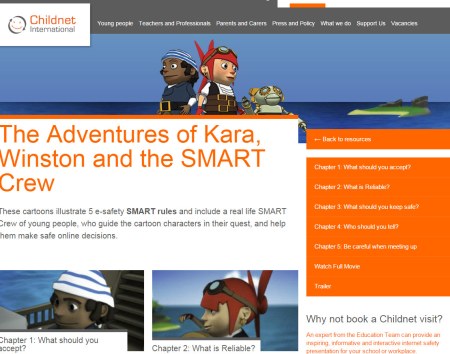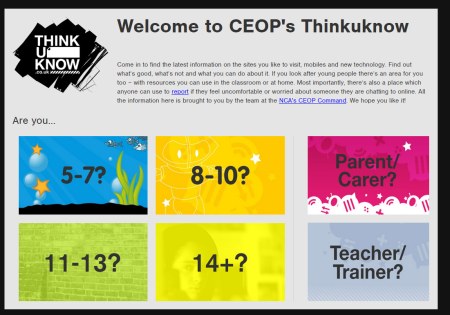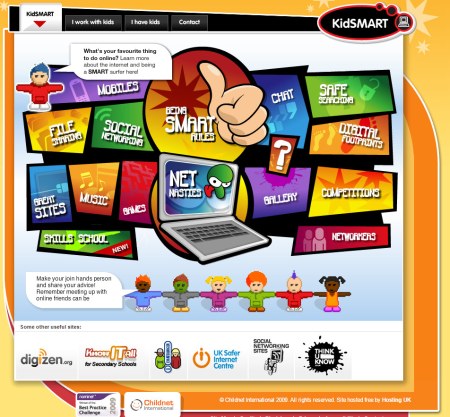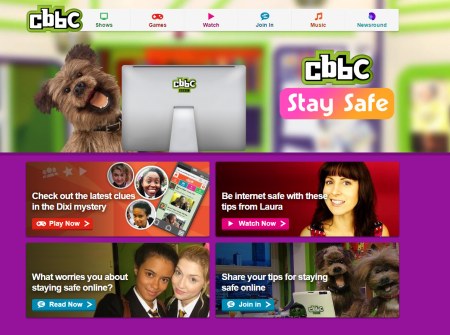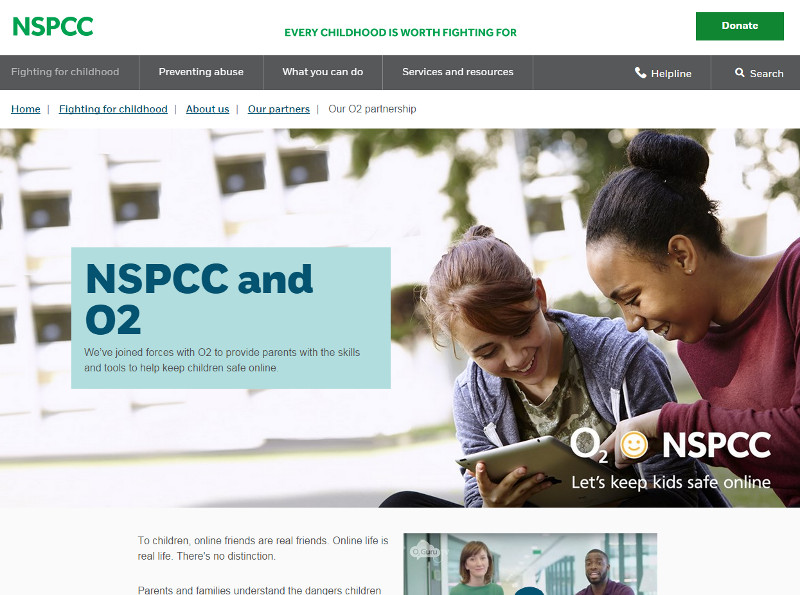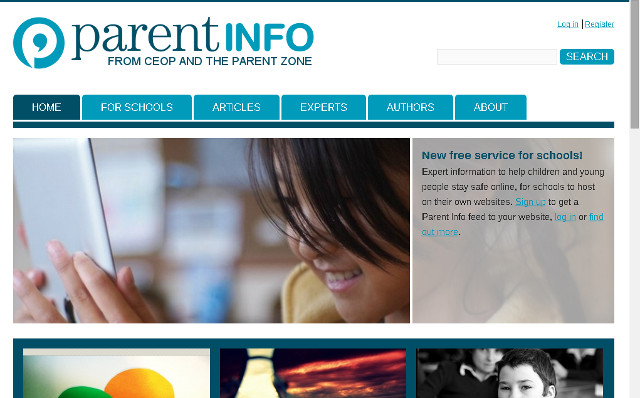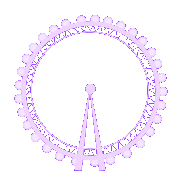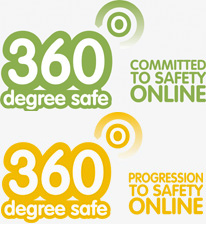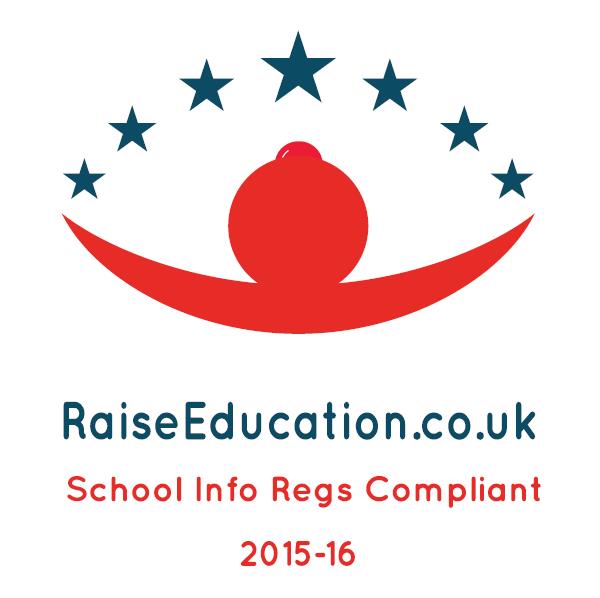E-Safety
SMART
If you ever feel worried about anything on the Internet you should tell your teacher or any other adult straightaway. You can also post a note in the worry box outside Mrs. Gallagher's office.
Always remember to be SMART
Safe:
Keep safe by being careful not to give out personal information when you’re chatting or posting online. Personal information includes your email address, phone number and password.
Meet:
Meeting someone you have only been in touch with online can be dangerous. Only do so with your parents’ or carers’ permission and even then only when they can be present. Remember, online friends are still strangers even if you have been talking to them for a long time.
Accepting:
Accepting emails, IM messages, or opening files, images or texts from people you don’t know or trust can lead to problems – they may contain viruses or nasty messages!
Reliable:
Someone online might lie about who they are and information on the internet may not be true. Always check information by looking at other websites, in books, or with someone who knows. If you like chatting online it’s best to only chat to your real world friends and family.
Tell:
Tell a parent, carer or a trusted adult if someone, or something, makes you feel uncomfortable or worried, or if you or someone you know is being bullied online.
Here are some fun games and things to do that can help you to stay safe online:-






